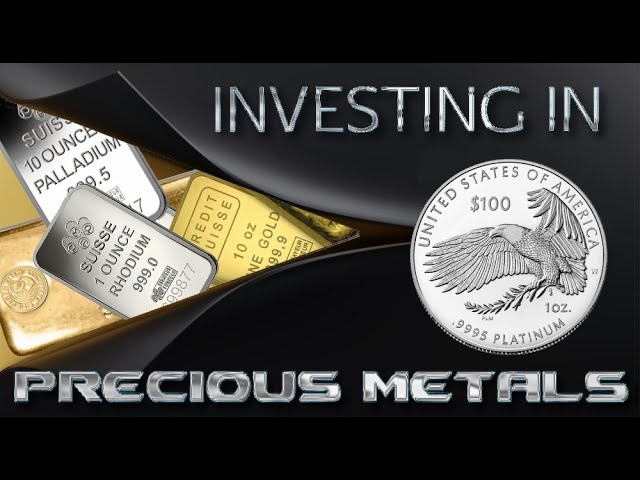
Investing in Precious Metals
7K views · May 6, 2024 findrarecoins.com
Investing in Precious Metals Precious metals have long been sought after for their beauty, rarity, and intrinsic value. They serve as a hedge against inflation, economic instability, and currency devaluation. Among the most popular precious metals for investors are gold, silver, platinum, palladium, and rhodium. Gold Gold is perhaps the most well-known precious metal and has been used as a store of value for centuries. It is prized for its beauty and scarcity, making it a popular choice for investors seeking stability in their portfolios. Gold can be purchased in various forms, including bars, coins, and jewelry. Silver Silver is often referred to as "the poor man's gold" due to its lower price per ounce compared to gold. However, it still holds significant value and is widely used in industrial applications, in addition to its role as a monetary metal. Silver can be purchased in similar forms to gold, such as bars and coins. Platinum Platinum is rarer than gold and is primarily used in catalytic converters, jewelry, and certain industrial applications. Its price tends to be higher than gold or silver, and it offers investors a unique opportunity for diversification. Platinum bullion is available in various sizes, typically in the form of bars or coins. Palladium Palladium is a relatively new addition to the precious metals market but has gained popularity due to its increasing use in catalytic converters, electronics, and jewelry. Like platinum, palladium is rarer than gold and silver, making it an attractive investment option for those seeking diversification. Palladium bullion is available in various forms, including bars and coins. Rhodium Rhodium is one of the rarest and most expensive precious metals, with prices that can exceed those of gold. It is primarily used in catalytic converters and certain industrial processes. While rhodium is not as readily available for individual investors as gold or silver, there are ways to invest in it through specialized dealers and funds. Investing in precious metals can provide diversification and stability to a portfolio, especially during times of economic uncertainty. Whether you choose gold, silver, platinum, palladium, or rhodium, it's essential to research and understand the market dynamics before making any investment decisions. Visit: https://findrarecoins.com/gold-bullion/

Investing in Precious Metals
7K views · May 6, 2024 findrarecoins.com
Investing in Precious Metals Precious metals have long been sought after for their beauty, rarity, and intrinsic value. They serve as a hedge against inflation, economic instability, and currency devaluation. Among the most popular precious metals for investors are gold, silver, platinum, palladium, and rhodium. Gold Gold is perhaps the most well-known precious metal and has been used as a store of value for centuries. It is prized for its beauty and scarcity, making it a popular choice for investors seeking stability in their portfolios. Gold can be purchased in various forms, including bars, coins, and jewelry. Silver Silver is often referred to as "the poor man's gold" due to its lower price per ounce compared to gold. However, it still holds significant value and is widely used in industrial applications, in addition to its role as a monetary metal. Silver can be purchased in similar forms to gold, such as bars and coins. Platinum Platinum is rarer than gold and is primarily used in catalytic converters, jewelry, and certain industrial applications. Its price tends to be higher than gold or silver, and it offers investors a unique opportunity for diversification. Platinum bullion is available in various sizes, typically in the form of bars or coins. Palladium Palladium is a relatively new addition to the precious metals market but has gained popularity due to its increasing use in catalytic converters, electronics, and jewelry. Like platinum, palladium is rarer than gold and silver, making it an attractive investment option for those seeking diversification. Palladium bullion is available in various forms, including bars and coins. Rhodium Rhodium is one of the rarest and most expensive precious metals, with prices that can exceed those of gold. It is primarily used in catalytic converters and certain industrial processes. While rhodium is not as readily available for individual investors as gold or silver, there are ways to invest in it through specialized dealers and funds. Investing in precious metals can provide diversification and stability to a portfolio, especially during times of economic uncertainty. Whether you choose gold, silver, platinum, palladium, or rhodium, it's essential to research and understand the market dynamics before making any investment decisions. Visit: https://findrarecoins.com/gold-bullion/
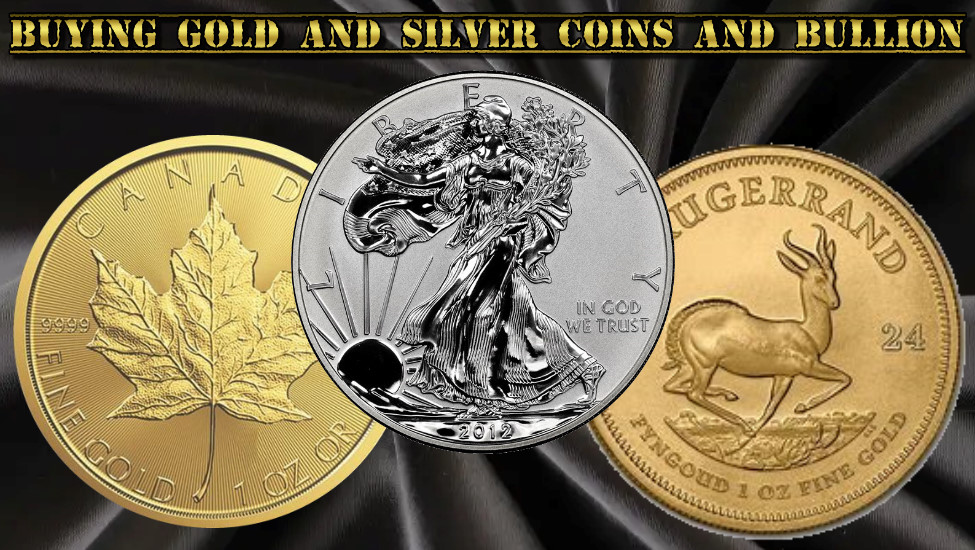
Essential Tips for Buying Silver Coins and Bullion
4K views · May 30, 2024 findrarecoins.com
Investing in silver coins and bullion can be a rewarding endeavor, offering a tangible asset with a history of value retention. However, navigating the market requires careful consideration to ensure you make informed decisions and secure the best deals. Here are some essential tips for buying silver coins and bullion: 1. Understand the Types of Silver Investments There are various forms of silver investments, each with its unique characteristics: - **Silver Bullion Bars**: These come in different weights, typically from 1 ounce to 100 ounces or more. They are valued for their simplicity and lower premiums over the spot price. - **Silver Coins**: Coins such as the American Silver Eagle, Canadian Silver Maple Leaf, and Austrian Silver Philharmonic are popular choices. They often carry a higher premium but are more recognizable and liquid. - **Junk Silver**: Pre-1965 U.S. coins (dimes, quarters, half-dollars) contain 90% silver and can be bought at lower premiums. They are valued based on their silver content and historical significance. 2. Check Market Prices Before making any purchase, familiarize yourself with the current market price of silver, known as the spot price. Reputable financial news websites, precious metals dealers, and financial apps provide real-time spot prices. Understanding the spot price helps you evaluate premiums and make more informed purchasing decisions. 3. Choose Reputable Dealers Selecting a trustworthy dealer is crucial. Look for dealers with positive reviews, transparent pricing, and a solid reputation. Consider both local coin shops and online retailers. Some well-known online dealers include: - **JM Bullion** - **APMEX** - **Kitco** 4. Verify Authenticity Ensure the authenticity of your silver investments by purchasing from reputable sources. When buying online, look for dealers that offer insured shipping and have a return policy. For in-person purchases, consider having the silver tested by a professional or using tools like a magnet (real silver is not magnetic) and a weight scale. 5. Understand Premiums Premiums are the additional cost over the spot price you pay for silver coins or bullion. They can vary based on the form of silver, its rarity, and market demand. Generally, silver bars have lower premiums compared to coins. However, well-known coins might have higher premiums due to their demand and recognizability. Compare premiums across different dealers to get the best deal. 6. Consider Storage Options Silver is a physical asset that requires secure storage. Options include: - **Home Safes**: Invest in a high-quality safe to protect your silver at home. Ensure it is fireproof and securely anchored. - **Bank Safety Deposit Boxes**: These offer high security but may come with annual fees and limited accessibility. - **Private Vaults**: Some companies offer secure storage solutions specifically for precious metals. 7. Factor in Liquidity When buying silver, consider its liquidity – how easily it can be converted to cash. Recognizable coins from reputable mints often have higher liquidity compared to bars from lesser-known producers. Consider the ease of selling your silver when needed and the potential buy-back policies of the dealers you purchase from. 8. Diversify Your Investments While silver can be a valuable part of your investment portfolio, it's important to diversify. Don't put all your funds into silver. Spread your investments across different assets such as stocks, bonds, and real estate to mitigate risk. 9. Be Aware of Market Conditions Silver prices can be volatile, influenced by various factors including economic conditions, industrial demand, and geopolitical events. Stay informed about market trends and news that could impact silver prices. This knowledge can help you make strategic buying decisions. 10. Plan for the Long Term Silver investments are generally better suited for long-term holding rather than short-term speculation. Understand that the value of silver can fluctuate in the short term, but historically, it has maintained its value over longer periods. Conclusion Investing in silver coins and bullion can provide a hedge against inflation and economic uncertainty. By understanding the types of silver investments, choosing reputable dealers, verifying authenticity, and considering storage and liquidity, you can make informed decisions and enhance your investment strategy. Remember, as with any investment, thorough research and careful planning are key to success.

Essential Tips for Buying Silver Coins and Bullion
4K views · May 30, 2024 findrarecoins.com
Investing in silver coins and bullion can be a rewarding endeavor, offering a tangible asset with a history of value retention. However, navigating the market requires careful consideration to ensure you make informed decisions and secure the best deals. Here are some essential tips for buying silver coins and bullion: 1. Understand the Types of Silver Investments There are various forms of silver investments, each with its unique characteristics: - **Silver Bullion Bars**: These come in different weights, typically from 1 ounce to 100 ounces or more. They are valued for their simplicity and lower premiums over the spot price. - **Silver Coins**: Coins such as the American Silver Eagle, Canadian Silver Maple Leaf, and Austrian Silver Philharmonic are popular choices. They often carry a higher premium but are more recognizable and liquid. - **Junk Silver**: Pre-1965 U.S. coins (dimes, quarters, half-dollars) contain 90% silver and can be bought at lower premiums. They are valued based on their silver content and historical significance. 2. Check Market Prices Before making any purchase, familiarize yourself with the current market price of silver, known as the spot price. Reputable financial news websites, precious metals dealers, and financial apps provide real-time spot prices. Understanding the spot price helps you evaluate premiums and make more informed purchasing decisions. 3. Choose Reputable Dealers Selecting a trustworthy dealer is crucial. Look for dealers with positive reviews, transparent pricing, and a solid reputation. Consider both local coin shops and online retailers. Some well-known online dealers include: - **JM Bullion** - **APMEX** - **Kitco** 4. Verify Authenticity Ensure the authenticity of your silver investments by purchasing from reputable sources. When buying online, look for dealers that offer insured shipping and have a return policy. For in-person purchases, consider having the silver tested by a professional or using tools like a magnet (real silver is not magnetic) and a weight scale. 5. Understand Premiums Premiums are the additional cost over the spot price you pay for silver coins or bullion. They can vary based on the form of silver, its rarity, and market demand. Generally, silver bars have lower premiums compared to coins. However, well-known coins might have higher premiums due to their demand and recognizability. Compare premiums across different dealers to get the best deal. 6. Consider Storage Options Silver is a physical asset that requires secure storage. Options include: - **Home Safes**: Invest in a high-quality safe to protect your silver at home. Ensure it is fireproof and securely anchored. - **Bank Safety Deposit Boxes**: These offer high security but may come with annual fees and limited accessibility. - **Private Vaults**: Some companies offer secure storage solutions specifically for precious metals. 7. Factor in Liquidity When buying silver, consider its liquidity – how easily it can be converted to cash. Recognizable coins from reputable mints often have higher liquidity compared to bars from lesser-known producers. Consider the ease of selling your silver when needed and the potential buy-back policies of the dealers you purchase from. 8. Diversify Your Investments While silver can be a valuable part of your investment portfolio, it's important to diversify. Don't put all your funds into silver. Spread your investments across different assets such as stocks, bonds, and real estate to mitigate risk. 9. Be Aware of Market Conditions Silver prices can be volatile, influenced by various factors including economic conditions, industrial demand, and geopolitical events. Stay informed about market trends and news that could impact silver prices. This knowledge can help you make strategic buying decisions. 10. Plan for the Long Term Silver investments are generally better suited for long-term holding rather than short-term speculation. Understand that the value of silver can fluctuate in the short term, but historically, it has maintained its value over longer periods. Conclusion Investing in silver coins and bullion can provide a hedge against inflation and economic uncertainty. By understanding the types of silver investments, choosing reputable dealers, verifying authenticity, and considering storage and liquidity, you can make informed decisions and enhance your investment strategy. Remember, as with any investment, thorough research and careful planning are key to success.

Essential Tips for Buying Silver Coins and Bullion
4K views · May 30, 2024 findrarecoins.com
Investing in silver coins and bullion can be a rewarding endeavor, offering a tangible asset with a history of value retention. However, navigating the market requires careful consideration to ensure you make informed decisions and secure the best deals. Here are some essential tips for buying silver coins and bullion: 1. Understand the Types of Silver Investments There are various forms of silver investments, each with its unique characteristics: - **Silver Bullion Bars**: These come in different weights, typically from 1 ounce to 100 ounces or more. They are valued for their simplicity and lower premiums over the spot price. - **Silver Coins**: Coins such as the American Silver Eagle, Canadian Silver Maple Leaf, and Austrian Silver Philharmonic are popular choices. They often carry a higher premium but are more recognizable and liquid. - **Junk Silver**: Pre-1965 U.S. coins (dimes, quarters, half-dollars) contain 90% silver and can be bought at lower premiums. They are valued based on their silver content and historical significance. 2. Check Market Prices Before making any purchase, familiarize yourself with the current market price of silver, known as the spot price. Reputable financial news websites, precious metals dealers, and financial apps provide real-time spot prices. Understanding the spot price helps you evaluate premiums and make more informed purchasing decisions. 3. Choose Reputable Dealers Selecting a trustworthy dealer is crucial. Look for dealers with positive reviews, transparent pricing, and a solid reputation. Consider both local coin shops and online retailers. Some well-known online dealers include: - **JM Bullion** - **APMEX** - **Kitco** 4. Verify Authenticity Ensure the authenticity of your silver investments by purchasing from reputable sources. When buying online, look for dealers that offer insured shipping and have a return policy. For in-person purchases, consider having the silver tested by a professional or using tools like a magnet (real silver is not magnetic) and a weight scale. 5. Understand Premiums Premiums are the additional cost over the spot price you pay for silver coins or bullion. They can vary based on the form of silver, its rarity, and market demand. Generally, silver bars have lower premiums compared to coins. However, well-known coins might have higher premiums due to their demand and recognizability. Compare premiums across different dealers to get the best deal. 6. Consider Storage Options Silver is a physical asset that requires secure storage. Options include: - **Home Safes**: Invest in a high-quality safe to protect your silver at home. Ensure it is fireproof and securely anchored. - **Bank Safety Deposit Boxes**: These offer high security but may come with annual fees and limited accessibility. - **Private Vaults**: Some companies offer secure storage solutions specifically for precious metals. 7. Factor in Liquidity When buying silver, consider its liquidity – how easily it can be converted to cash. Recognizable coins from reputable mints often have higher liquidity compared to bars from lesser-known producers. Consider the ease of selling your silver when needed and the potential buy-back policies of the dealers you purchase from. 8. Diversify Your Investments While silver can be a valuable part of your investment portfolio, it's important to diversify. Don't put all your funds into silver. Spread your investments across different assets such as stocks, bonds, and real estate to mitigate risk. 9. Be Aware of Market Conditions Silver prices can be volatile, influenced by various factors including economic conditions, industrial demand, and geopolitical events. Stay informed about market trends and news that could impact silver prices. This knowledge can help you make strategic buying decisions. 10. Plan for the Long Term Silver investments are generally better suited for long-term holding rather than short-term speculation. Understand that the value of silver can fluctuate in the short term, but historically, it has maintained its value over longer periods. Conclusion Investing in silver coins and bullion can provide a hedge against inflation and economic uncertainty. By understanding the types of silver investments, choosing reputable dealers, verifying authenticity, and considering storage and liquidity, you can make informed decisions and enhance your investment strategy. Remember, as with any investment, thorough research and careful planning are key to success.
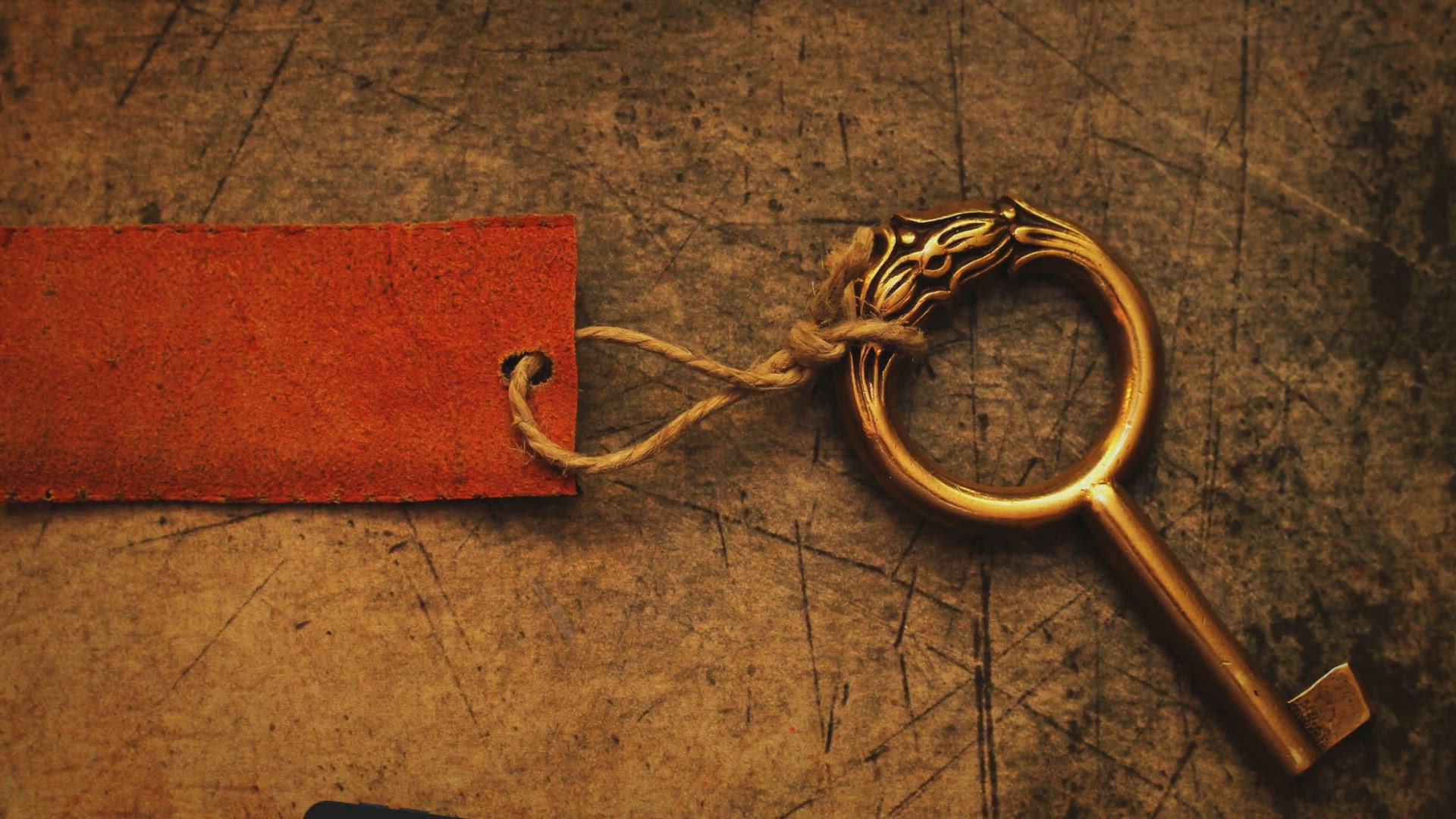
The Enduring Allure of Gold Bullion: A Timeless Safeguard fo...
3K views · Jul 23, 2024 findrarecoins.com
Explore the captivating history and modern significance of gold bullion as a symbol of wealth and a reliable investment asset. Discover how this tangible representation of value has captivated humanity for centuries and continues to offer security and stability in an ever-changing financial landscape.
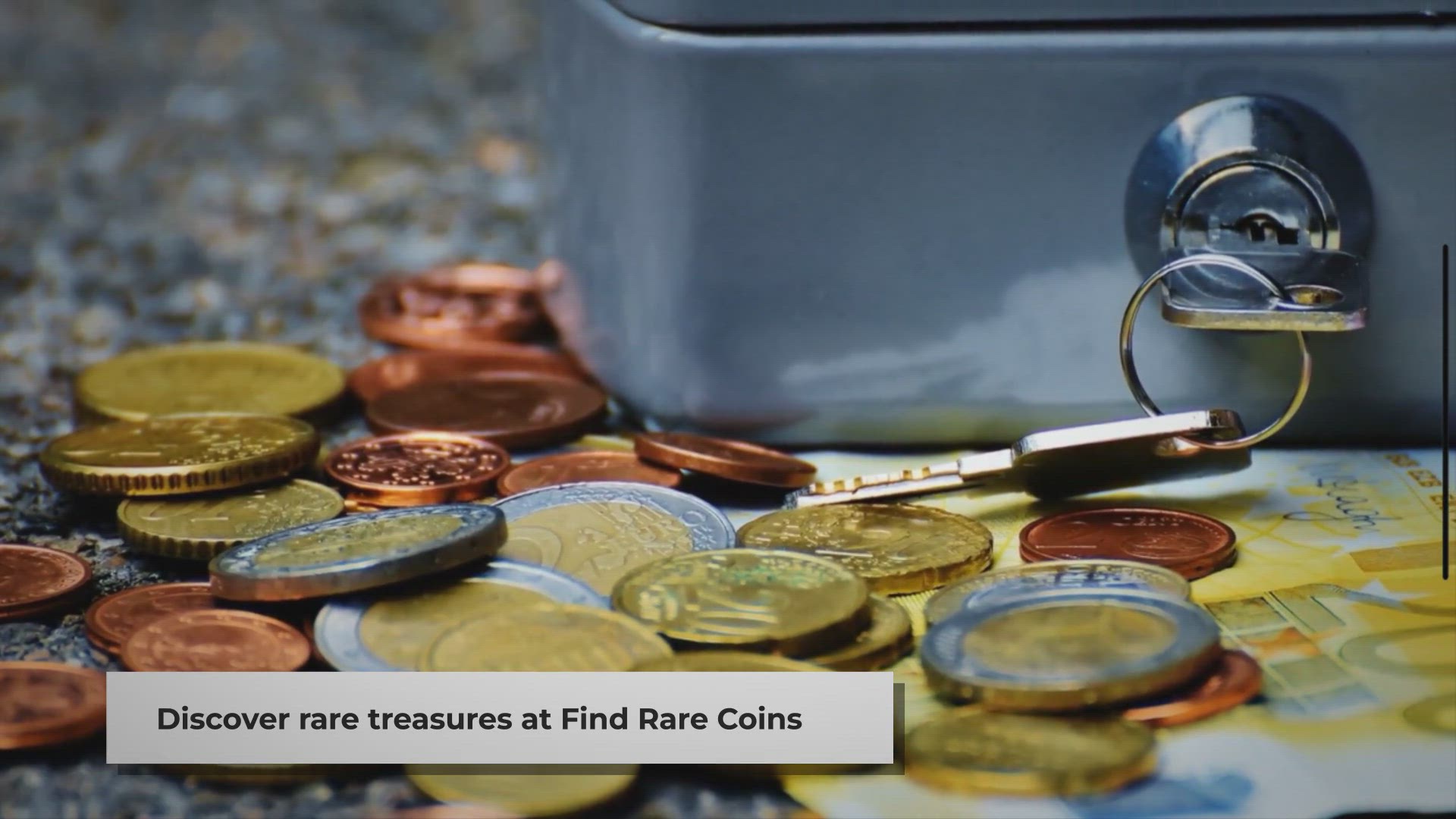
Discover Rare Coins and Collectibles at Find Rare Coins
10K views · Jul 23, 2024 findrarecoins.com
Explore an extensive collection of rare coins, stamps, banknotes, and precious metals at Find Rare Coins. Unlock the secrets of numismatics with our educational resources and find the perfect additions to your collection.

What is Bitcoin and How to Invest in Crypto
1K views · Oct 16, 2024 findrarecoins.com
Beginner's Guide to Investing in Bitcoin - Bitcoin is a decentralized digital currency that allows peer-to-peer transactions without needing a central authority like a bank or government. It utilizes blockchain technology, a ledger that records all transactions, making them traceable and transparent. Visit: https://cryptogoldfinance.com/cryptocurrency

What is Bitcoin and How to Invest in Crypto
1K views · Oct 16, 2024 findrarecoins.com
Beginner's Guide to Investing in Bitcoin - Bitcoin is a decentralized digital currency that allows peer-to-peer transactions without needing a central authority like a bank or government. It utilizes blockchain technology, a ledger that records all transactions, making them traceable and transparent. Visit: https://cryptogoldfinance.com/cryptocurrency
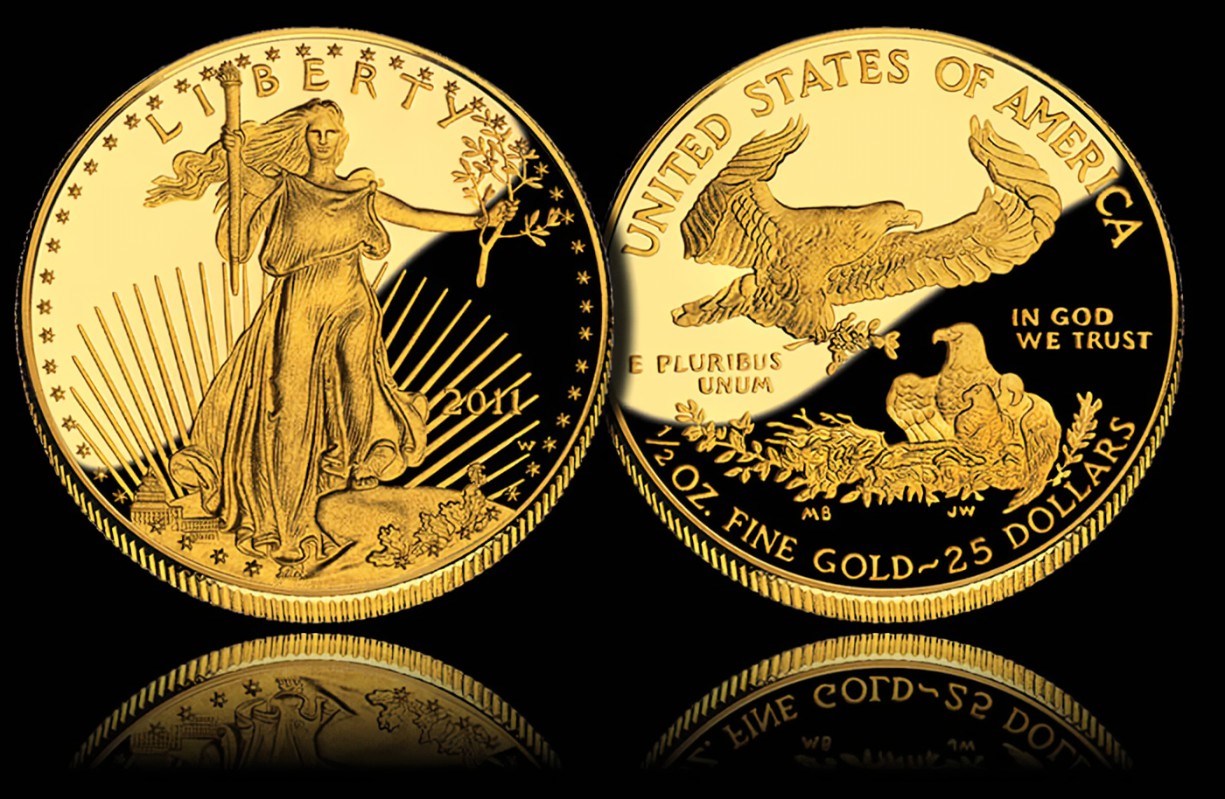
Gold Investment: Bullion vs. Rare Coins
1K views · Nov 25, 2024 findrarecoins.com
Explore the pros and cons of investing in gold bullion and rare certified gold coins. Learn about liquidity, value stability, and potential returns to make an informed decision for your financial strategy. This video compares these two gold investment options to help you align your choice with your financial goals.